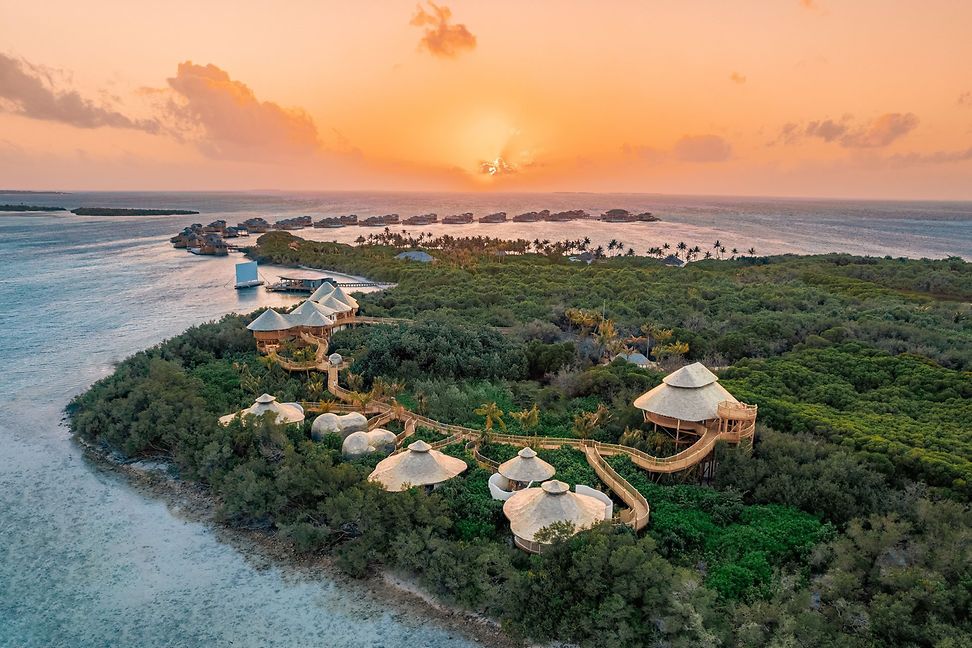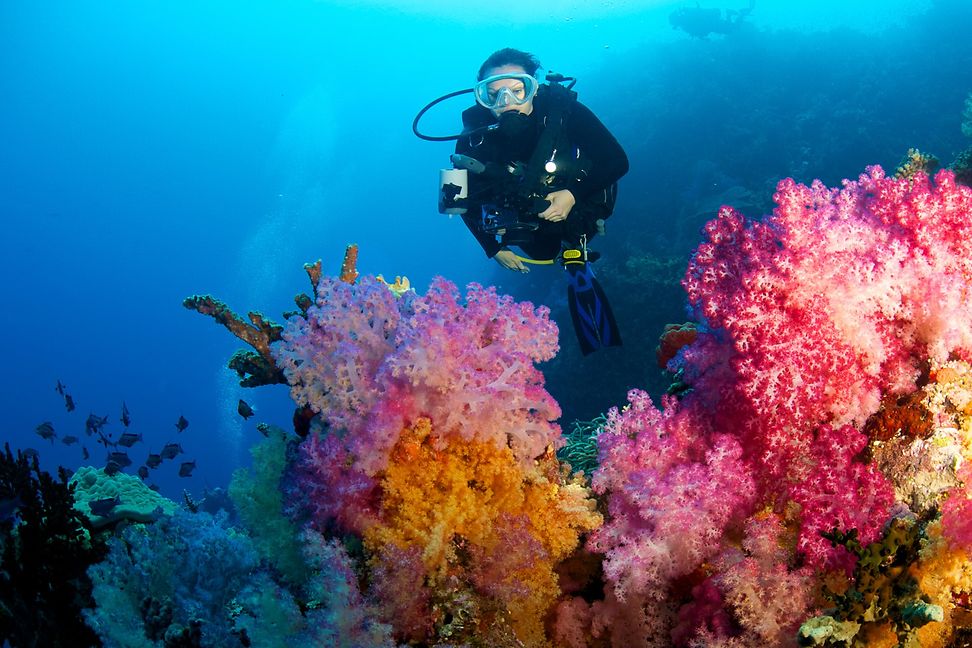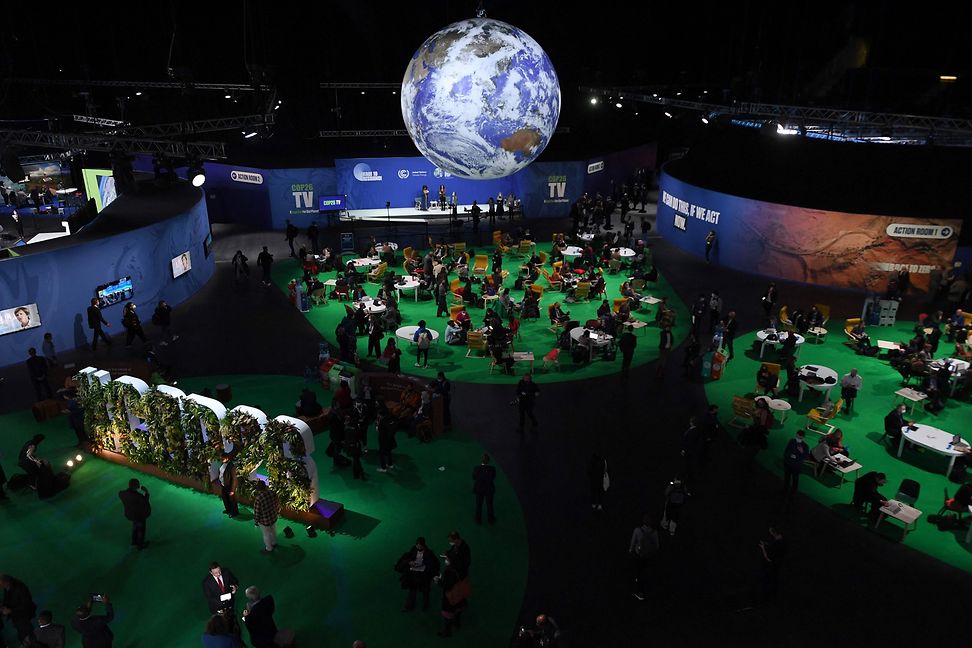在此处更改您的语言和 LGT 位置。
私人客户的数字平台
登入 LGT 智能银行
金融中介机构的数字平台
登入 LGT 智能银行 Pro
常见问题解答 (FAQ)
LGT 智能银行帮助
常见问题解答 (FAQ)
LGT 智能银行专业版帮助
Travel and tourism companies can teach us a lot about the power of optimism and innovation, and the dangers of not following through on promises.

Hotels aren’t the only buildings with a big carbon footprint. Just imagine how much energy it takes to run a large hospital, or a university or government offices. The key difference between them, of course, is purpose; it’s tough to justify the climate impact of a luxury beach resort in Fiji when its entire reason for existing is indulgence. And that’s before you factor in the long-haul flights.
As a result, hotels and the wider hospitality industry, which is built almost entirely on marketing, are rightly held to higher standards. Companies operating in this segment are often subject to extra-tough scrutiny and suspected of perhaps talking the talk, but not walking the walk.

In fact, it was at a luxury beach resort in Fiji that the term “greenwashing” was coined. Struck by the hypocrisy of a hotel’s laundry cards, which urged guests to reuse towels to protect the fragile coral reefs while at the same time building new concrete coastal bungalows, a young environmentalist suggested that such deception could only go so far. "It will all come out in the greenwash," Jay Westerveld wrote in an essay in 1986.
And today, almost 40 years later, certain mitigation measures in this industry still look like greenwashing. For example, phasing out plastic straws is obviously a good thing for a 5000-bed cruise ship to do. But that should not distract us from the giant engines chugging marine diesel down below.
What has arguably changed in the past few years, however, is a sense of genuine momentum. The climate crisis has deepened, directly affecting all our lives. With it, regulation has tightened and technology has advanced. Consumer demand for genuine action has also grown, along with the moral case and - increasingly - the business case for doing better.
Some of the biggest commitments to date have come from industry giants with the power to lead and have the greatest impact. In 2018, for example, Hilton revealed plans to cut emissions in its managed hotel portfolio by 75 % by 2030. And in 2021, Marriott International and Accor were among the founding signatories of the Glasgow Declaration for Climate Action in Tourism. More than 300 travel companies and bodies signed the declaration at COP26 in Glasgow, thus committing to halving emissions by 2030 and reaching net zero by 2050.

Accor is placing a strong focus on energy consumption, which accounts for 75 % of the group’s carbon footprint. For some time now, it has used occupancy sensors in rooms to limit the use of energy while they sit empty. And now, AI systems are providing real-time monitoring across its estates and operations, identifying consumption patterns and areas where efficiency can be increased. In 2019, Hilton said that the reduction in carbon emissions attributable to its LightStay programme was equivalent to taking almost 400,000 cars off the road. It also cut over USD 1 billion in utility costs.
Measuring water, food consumption and waste can lead to similar savings. This has given a boost to start-ups such as Winnow and Orbisk, which are attracting significant investments with their AI-powered waste bins. Cameras positioned above these bins identify what is being thrown away while smart scales beneath the bin weigh what is added, logging a constant stream of data about what a kitchen is producing and how much of that is going to waste.

Every discarded breakfast buffet croissant has an upstream carbon impact in agricultural and shipping terms, and a downstream carbon impact related to waste treatment. Scale that up and we’re talking about a lot of very full bins. At Accor, food typically accounts for more than 40 % of total operating waste, averaging almost 20 tonnes per hotel per year. The French group serves 200 million meals annually in more than 10,000 restaurants and bars. At one large hotel in London where Accor tried the Winnow system, it said it cut food waste by 40 % and achieved the same percentage of cost savings.
Every discarded breakfast buffet croissant has an upstream and downstream carbon impact.
These kinds of measures are attracting growing attention. And many were featured at the first World Sustainable Travel & Hospitality Awards, which were held in September 2024. Soneva was among the luxury brands recognised for setting the highest standards. The group, which has properties in the Maldives and Thailand, has always been ahead of the game in terms of recognising the fragility of the ecosystems in which it operates and not waiting for consumers to demand change.

It banned plastic bottles way back in 2008, instead introducing a water filtration system and glass bottles. With the help of external funding, it more recently introduced a solar power generation and storage system that provides over 50 % of the energy at its resorts in the Maldives (the majority of the country’s power is generated using generators). It has also expanded its food-growing capabilities and introduced a coral restoration project that has the dual effect of protecting the biosphere while also offering guests more to look at when snorkelling.
The Soneva Foundation, a non-profit organisation owned by Soneva, which is sustained by a 2 % levy on guest stays, has worked on conservation and poverty projects around the world that are designed to partly offset the impact of the company’s travel operations while also mitigating emissions beyond its control - namely from aviation. (Soneva estimates its resorts account for about 20 % of each guest’s carbon footprint, with almost all the remaining emissions caused by flights.)
Of course, the outlook for the travel and tourism sector isn’t all rosy - there remain causes for concern. For example, the more significant real structural changes become, the more up-front capital they tend to require. And investments of that nature can become elusive in times of economic strife and instability.
Also of concern is slow progress in the finance sector to offer the kinds of "green loans" that would provide the upfront cash for cost-saving projects that also benefit the environment. And then there’s what looks like a change of priorities: Deloitte’s latest European hotel industry and investment survey of top executives showed that in 2024, only 45 % of respondents said launching sustainability and climate change initiatives was a top priority for the coming years, compared with 61 % in 2023.

At the Climate Conference COP29 held in Baku, Azerbaijan in November 2024, tourism once again featured prominently. It furthered the goals of the Glasgow Declaration, which defined a framework and approach for climate action in the tourism industry at the COP in 2021. The document, which set out a 10-year plan for improvements, now has more than 900 signatories. But there was talk in Baku of progress slowing down. Many companies, including major airlines and cruise companies - the biggest emitters in the business - have yet to sign the declaration. And more than 75% of the organisations that have signed it have failed to publish climate action plans within the agreed 12 months.
Speaking to the New York Times after COP29, Julia Simpson, President and Chief Executive of the World Travel and Tourism Council, said: "The Glasgow Declaration sparked a tremendous response across travel and tourism…What the world needs now is measurable action - and there’s no time to lose."